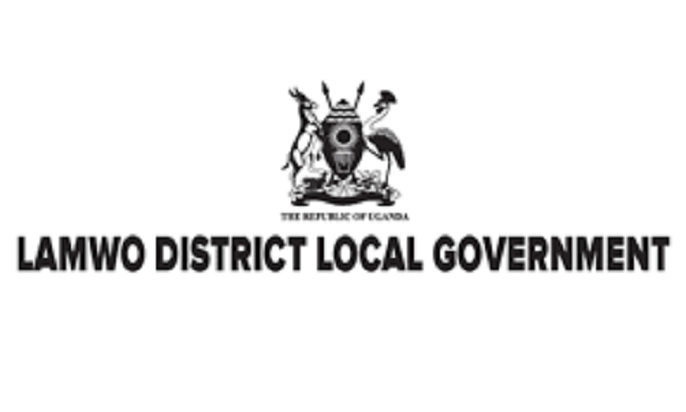The Executive Board of the International Monetary Fund (IMF) completed yesterday the first reviews of the 38-month Extended Arrangement under the Extended Fund Facility (EFF) and 38-month arrangement under Extended Credit Facility (ECF) for Kenya. The Board’s decision allows for an aggregate immediate disbursement of US$ 407 million (about SDR 285 million), bringing Kenya’s total disbursements for budget support under the arrangements to about US$ 714.5 million.
Kenya’s EFF and ECF arrangements for a total of SDR 1,655 billion (305 percent of quota) or about US$ 2.34 billion at the time of program approval on April 2 (see Press Release 21/98 ), are aimed at supporting Kenya’s program to address debt vulnerabilities, support the response to the COVID-19 crisis and enhance governance.
Kenya is staging an economic recovery despite a recent third wave of COVID-19 infections. Growth is now estimated to pick up to 6.3 percent in 2021. However, uncertainty and pandemic-related pressures will persist until vaccinations become widely available.
Kenya’s economic program aims to reduce debt vulnerabilities through a multi-year fiscal consolidation effort centered on raising tax revenues and tightly controlling spending, while safeguarding resources to protect vulnerable groups. The draft FY21/22 budget delivers on these objectives with a 1.6 percentage points of GDP reduction in the primary balance.
Kenya has also made notable advances on its structural reform and anti-corruption agendas. Fiscal governance and transparency are being bolstered by the recent publication of comprehensive audits of COVID-19 related expenditures. As part of their strategy to address challenges in the SOE sector and put firms on a financially viable footing, the authorities have conducted an in-depth evaluation of the financial health of major state-owned enterprises (SOEs) facing the largest risks. The authorities also plan to further enhance their monetary policy framework and to continue supporting financial stability.
At the conclusion of the Executive Board’s discussion, Ms. Antoinette Sayeh, Deputy Managing Director and Acting Chair, made the following statement:
“The Kenyan authorities continue to demonstrate strong commitment to their fiscal reform agenda during this unprecedented global shock. Performance under the EFF/ECF arrangements has been broadly satisfactory despite a challenging environment. The authorities’ program sets the basis for a return to durable and inclusive growth and identifies a clear path to reduce debt vulnerabilities, while securing space for needed social and development spending. Looking ahead, the authorities should sustain their consolidation efforts by continuing to improve spending efficiency and undertaking further revenue administration and tax policy measures.
“Maintaining momentum on the structural reform agenda is important. The very substantial progress made in assessing the financial situations of state-owned enterprises (SOEs) that pose the largest fiscal risks provides a solid basis for identifying least-cost approaches to address their financial challenges, and should be complemented with efforts to improve oversight and management of SOEs more broadly.
“Important advances are being made on the governance agenda. The recent publication of comprehensive audits of COVID-19 spending, along with the forthcoming disclosure of beneficial ownership information of companies that are awarded procurement contracts, are important steps to strengthen fiscal transparency and accountability in the use of public resources. Going forward, effective follow-up by the appropriate institutions on the findings of the audits will be essential.
“The Central Bank of Kenya (CBK) has provided critical support during a very uncertain period. The stance of monetary policy should remain accommodative as long as inflation and inflation expectations remain well-anchored within the target band. Maintaining close supervision of credit risks and provisioning should continue to be a priority.
“The program remains subject to notable risks, including from uncertainty about the path of the pandemic and potential pressures from the upcoming political calendar. However, Kenya’s medium-term prospects remain positive. Kenya’s strong commitment to its economic program supported by the IMF has catalyzed financing on favorable terms.





